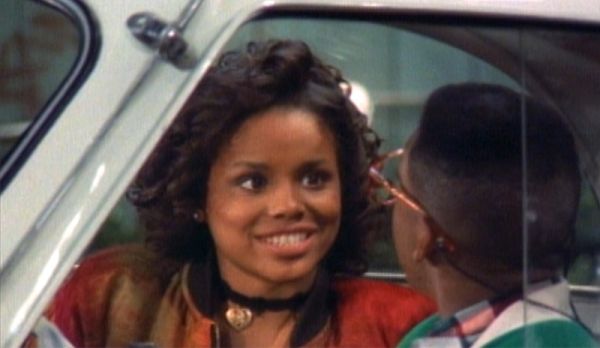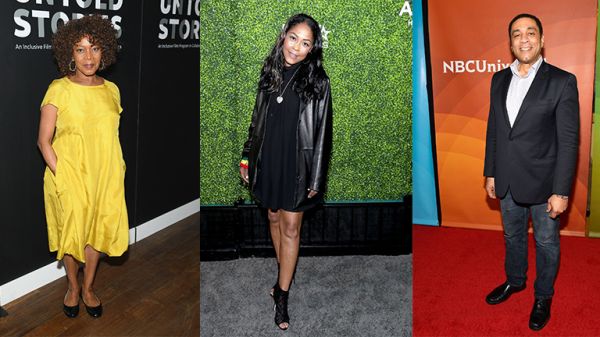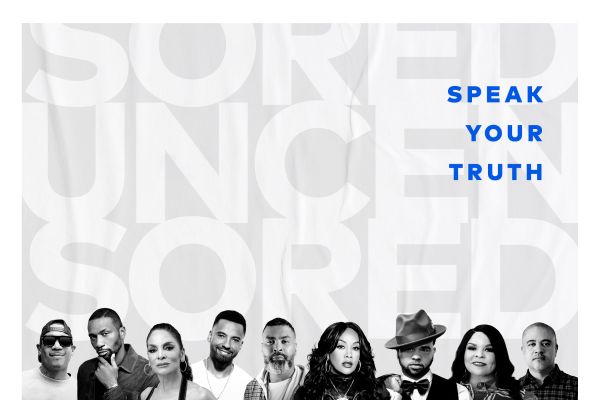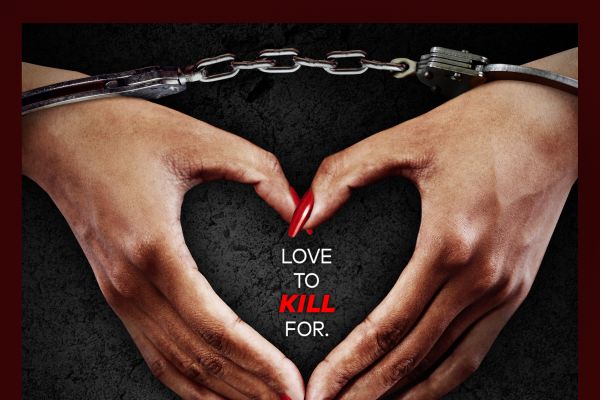Photo by: (Left: Roxanne Shante by Al Pereira/Getty Images/Michael Ochs Archives. Right: Lil Kim by Erika Goldring/Getty Images)
Women were at the forefront of the culture as emcees, rappers, and producers long before Hip-Hop was given its name.
Women have empowered one another and broken-down boundaries for future generations, starting with the initial icons of the 1970s and 1980s, moving on to the 1990s’ ground-breaking stars, and today’s chart-toppers.
From MC Lyte, Yo-Yo, Lil’ Kim, Foxy Brown, Da Brat, Missy Elliott, and more women in the game held the culture down for decades.
Let’s celebrate the women of Hip-Hop!
Here’s a look at the history of women in hip-hop and a few of the women who revolutionized the genre.
The Beginning
When her rhymes secured her a seat in The Funky 4+1 in the 1970s, MC Sha-Rock, dubbed the “Mother of the Mic,” became the first female rapper of hip-hop.
She claimed that record labels and older generations did not take hip-hop seriously in its early years, thus musicians had to struggle for respect.
When they were asked to perform on Saturday Night Live, The Funky 4+1—with Sha-Rock at its core—became the first hip-hop group to secure a record deal and perform on national television.
This marked the beginning of hip-mainstream hop’s emergence.
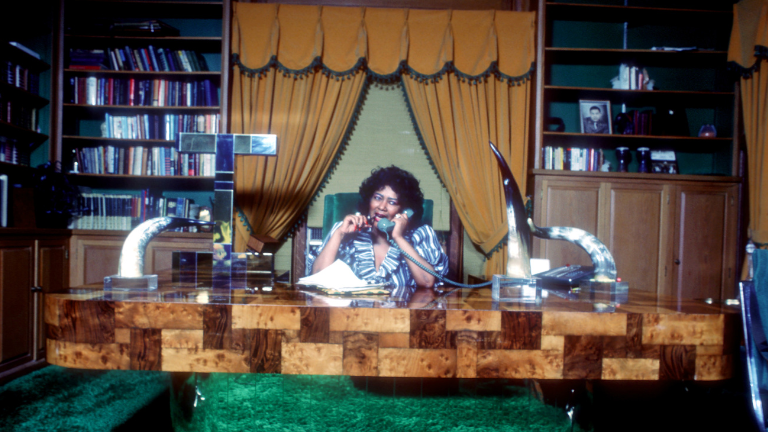
Photo by: Michael Ochs Archives/Getty Images
In 1980, the release of “Rapper’s Delight,” the first hip-hop song to attain commercial success and the first to chart on the Billboard Top 40, by Sylvia Robinson, the founder, and CEO of Sugarhill Records, was another significant event within the culture.
Women’s Empowerment
During the 1980s, as hip-hop became more prominent in pop culture, femcees within the culture had to fight for acceptance in a sector that was predominately male-dominated.
Queen Latifah asked Monie Love to collaborate with her in 1989 as they wrote an anthem to support female MCs.
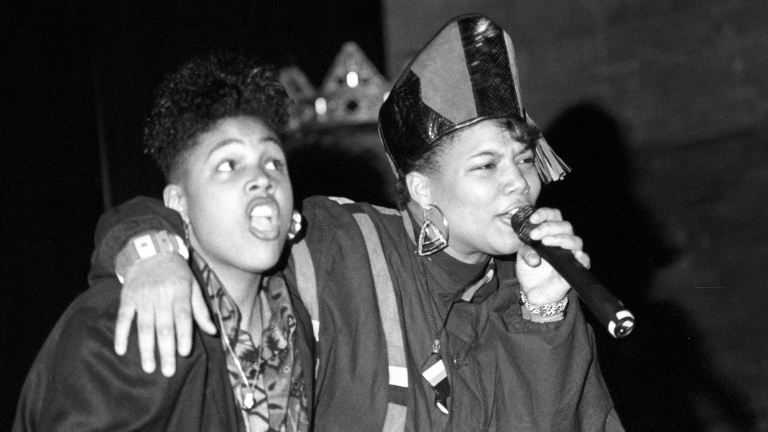
Photo by: Al Pereira/Getty Images/Michael Ochs Archives
This collaboration resulted in the timeless track “Ladies First,” which honors the lyrical skill and brilliance of women in the business.
The hit single, which was on Queen Latifah’s 1989 album All Hail the Queen, hailed women as “queens” at a period when some hip-hop lyrics gave women negative names.
Embracing Sex Appeal
In the 1980s and 1990s, a new generation of female hip-hop musicians brazenly accepted their sexuality, sending women another message of empowerment.
And Salt-N-Pepa is where it all began!
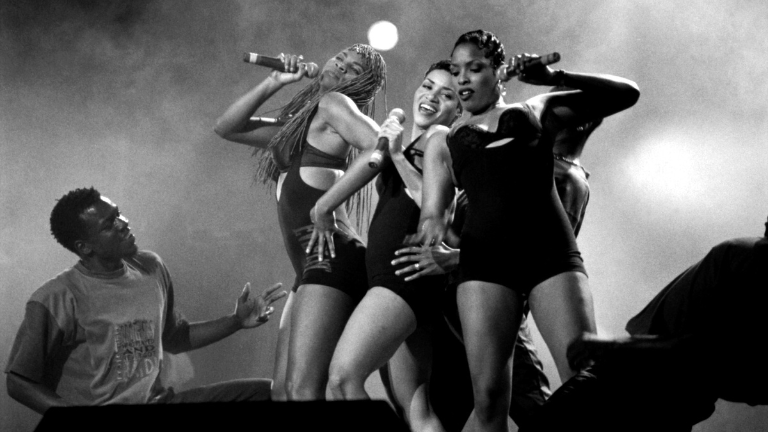
Photo by: David Corio/Michael Ochs Archives/Getty Images
The group’s style set them apart from other performers on the scene because they introduced sex appeal to the genre with the release of their first studio album in 1986, making them the first female rap group to sell more than a million records.
Artists like Lil Kim would elevate this image during the 1990s.
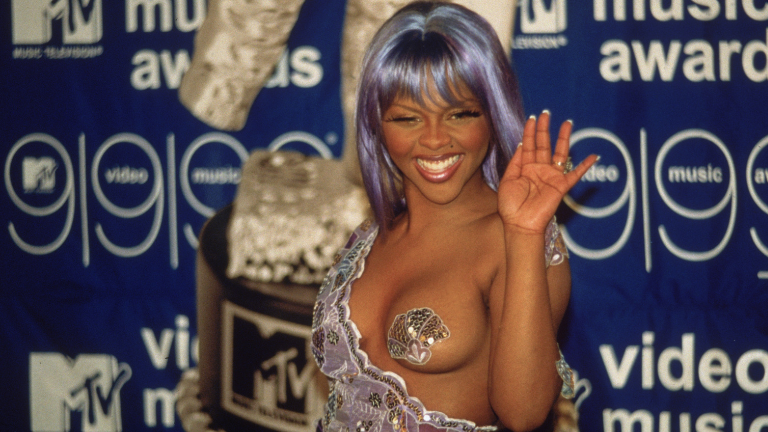
Photo by: Karl Feile/Hulton Archive/Getty Images
Lil Kim rose to fame for her explicit lyrics and unrepentant sex appeal after her 1996 first album, Hard Core, was awarded double platinum.
Game Changers
Trailblazing female artists created iconic work that continues to define and inspire hip-hop today despite the pressures of the industry.
Not only did Missy Elliott stand out for her distinct style when she launched her debut album Supa Dupa Fly in 1997, but also for her talent, which was demonstrated in her legendary, outsized concerts and music videos, the first of which was for her debut single, “The Rain.”
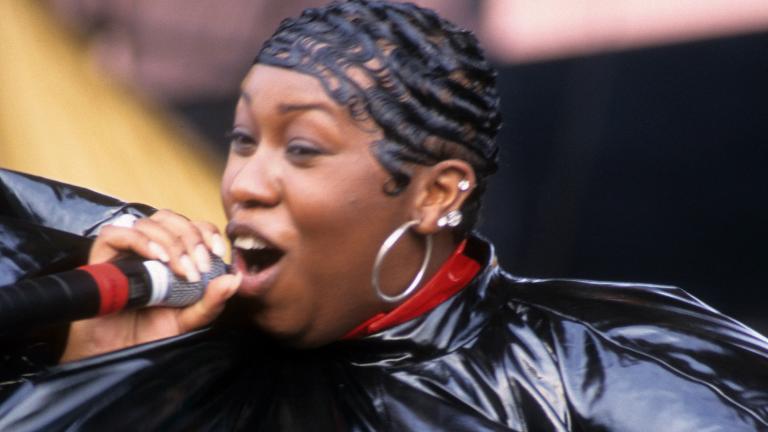
Photo by: Steve Eichner/Getty Images
From the women that were around from the very start of Hip-Hop to acts such as Nicki Minaj, Cardi B, City Girls, Meg thee Stallion, and much more, the queens of Hip-Hop deserve all of their flowers!
Tell us who’s your favorite femcee? Be sure to tune in to the 5th Annual of Urban One Honors MLK Day!
Like TV One on Facebook and be sure to follow us on Instagram and Twitter.
